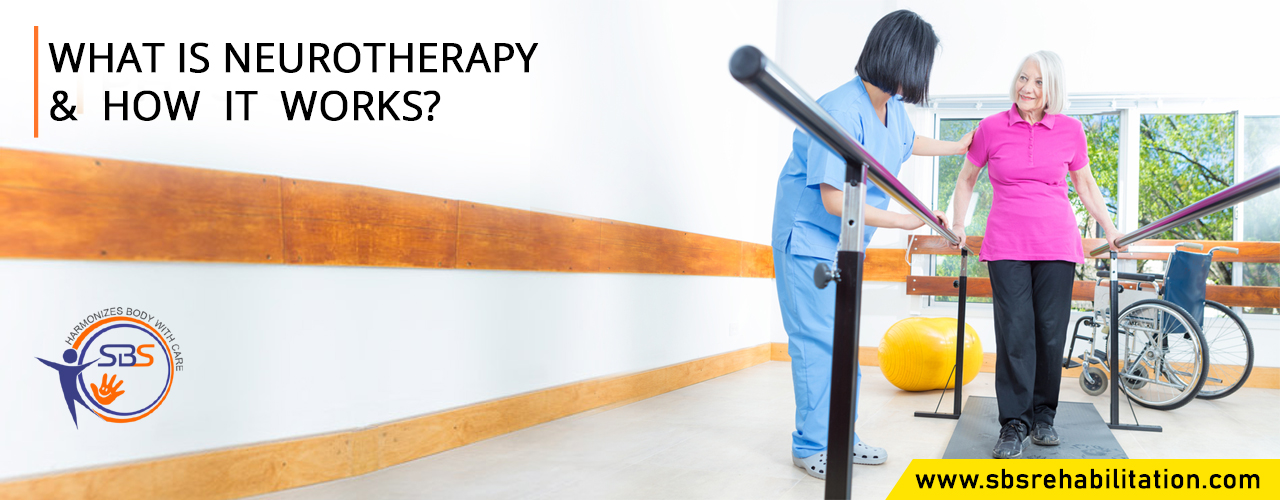
Understanding Neurotherapy
Neurotherapy is a term used for the therapy that is used for treating issues like anxiety, depression, and all time fatigue and brain fog. The target is to retrain the brain, improve the brain fitness and performance through various methods and exercises.
Neurotherapy, also known as Neurofeedback Therapy or Biofeedback Therapy, involves measuring and training the electrical signals produced by the nerve cells (also known as neurons) of the brain.
These signals are known as EEG, that helps us in showing how effectively different parts of the brain are responding to the activities. With the help of EEG, we can measure the signals as well as retrain the brain to function normally. In this blog, we will learn in detail about EEG.
Who can Benefit from Neurotherapy?
There is no age bar when it comes to Neurotherapy. Patients of any age may have the need for Neurotherapy. People with severe depression, anxiety and stress issues, attention deficits, insomnia, chronic pain disorders, headaches, migraine and brain injuries.
Children having developmental disorders such as autism, spectrum and intellectual disabilities. Some people also use it to improve their peak performance like musicians and athletes.
What is EEG?
The electroencephalogram (EEG) is a measurement of the electrical activity performed by the brain. The nerve cells in our brain communicate by firing electrical signals to the other cells of the brain and the body parts.
First, these signals reach the scalp by travelling through the skull and produce tiny fluctuations in the mental sensors. These electrical fluctuations caused by the neurons appear as a wavy line on the screen of the computer.
EEG is divided into various kinds of firing patterns so as to measure the different levels of brain activation.
For instance, a person suffering from Attention Deficit Hyperactivity Disorder (ADHD), will show excessively slow wave activity in the front and central parts of the brain. This wave activity denotes that those particular brain areas are comparatively less active causing problems with regulation of attention and physical activity.
How Neurofeedback Therapy is Performed?
There are different ways to carry out neurofeedback therapy depending on the condition and symptoms of the patient. For example, if a person is suffering with anxiety and stress, then it can be happening due to decrease in growth hormones or inflammatory cascades.
In this case, alpha electroencephalography (EEG) is the drug free solution which has proven to reduce anxiety over the years.
In second case, if a person is affected by Attention Deficit Hyperactivity Disorder (ADHD), it generally affects their learning, understanding, focus and activity levels. A person suffering with ADHD finds it hard to manage daily routine work.
In this case, Neurotherapy focuses on making the brain neuroplastic, which means training the brain towards learning and focusing on new skills. EEG plays an important role in the treatment to control the brain waves.
So, this means, Neurotherapy is conducted through EEG, however, the treatment differs as per the symptoms of the patients.
Does Neurofeedback Therapy Gives Good Results?
Neurotherapy is advised by any professional only when the medicines are more effective to cure a patient’s condition. A success rate of approximately 75% – 80% is claimed by various researchers globally. Neurotherapy is conducted under the supervision of mental health professionals only after seeking the required permission from the patient’s family.
Side Effects of Neurotherapy
Neurofeedback Therapy is a painless and safe process, however, a few patients with short term side effects have been reported throughout the years. These side effects may include difficulty falling asleep, restlessness, and difficulty paying attention, irritability, headache and sadness.
These side effects usually occur for a day or two after treatment. Although, if it occurs for a long period, then they will be better treated by EEG method.
How to Find the Best Neurotherapist in Delhi?
It is not necessary that neurotherapy is only for the patients having disorders. Various issues like headaches and migraines, emotional disturbances, anxiety, depression, PMS and attention deficits are also treated with the help of neurotherapy.
You need to ensure a few things when you are looking for a neurofeedback therapist:
- The mental health professional should be licensed and trained to use the equipments and programs of neurofeedback therapy.
- There should be proper education background and relevant experience of the professional.
SBS Rehabilitation Center is one of the best neurotherapist in South Delhi. Neurofeedback Therapist at SBS Rehabilitation Center are specialised in providing the right treatment to the patients after analysing the complete history and lifestyle of the patient.
If your loved one is also dealing with any of the above mentioned mental illness, please feel free to contact us or reach our clinic. Our treatment programs are perfectly designed to cater your unique requirements.

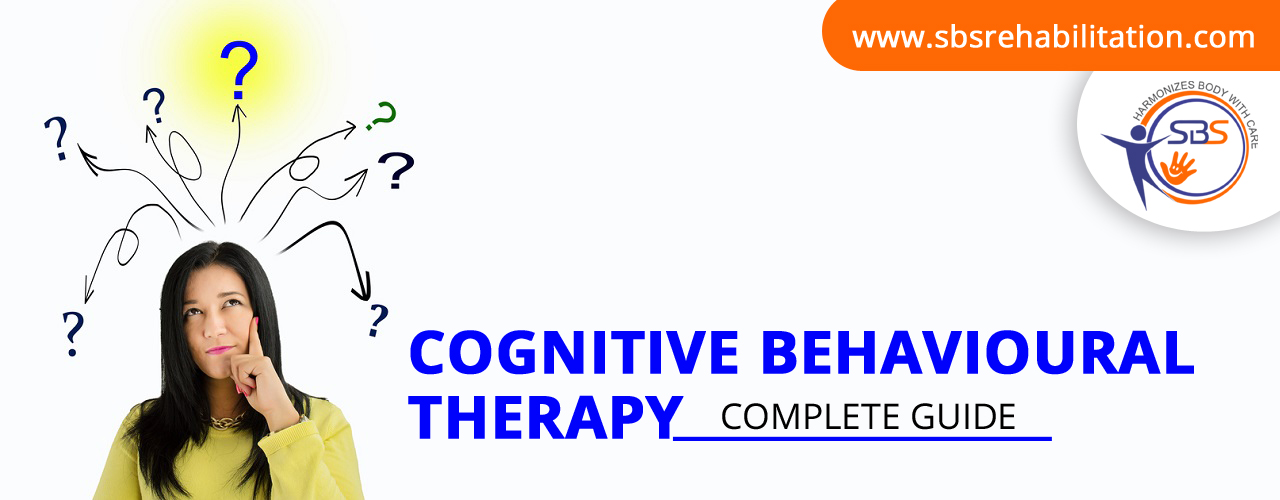
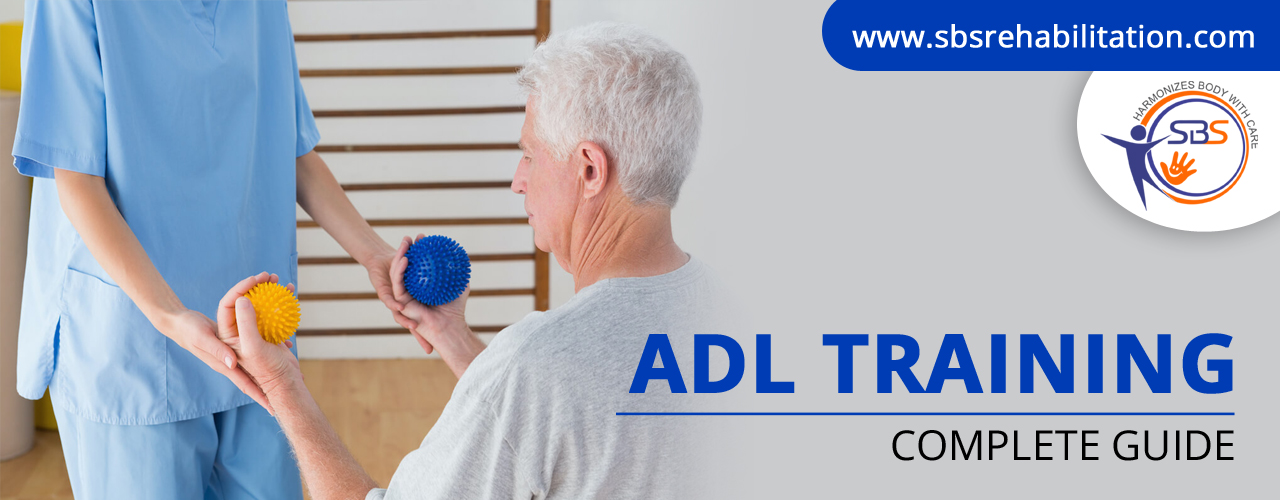
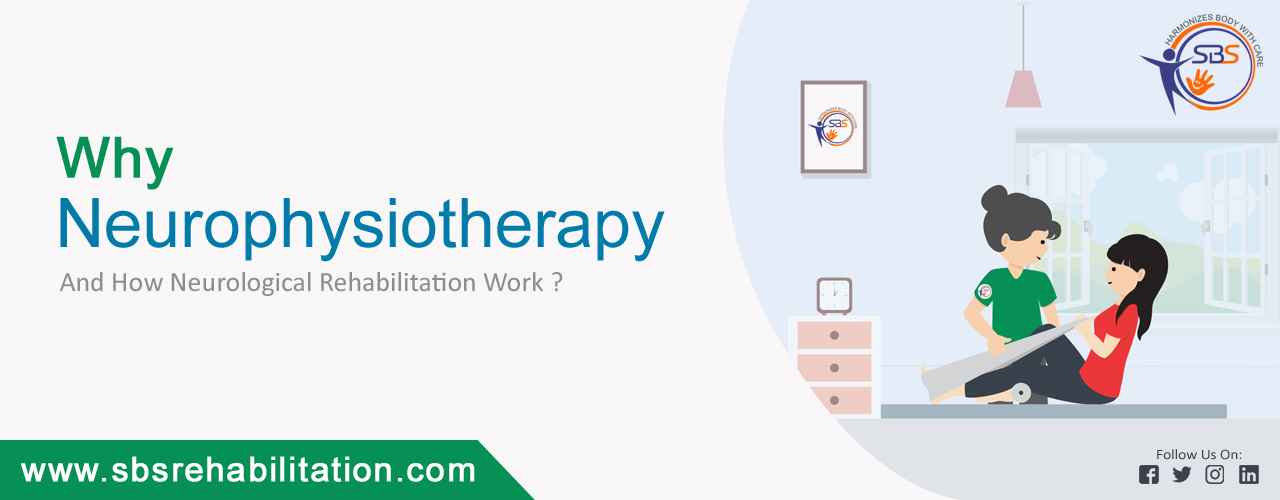


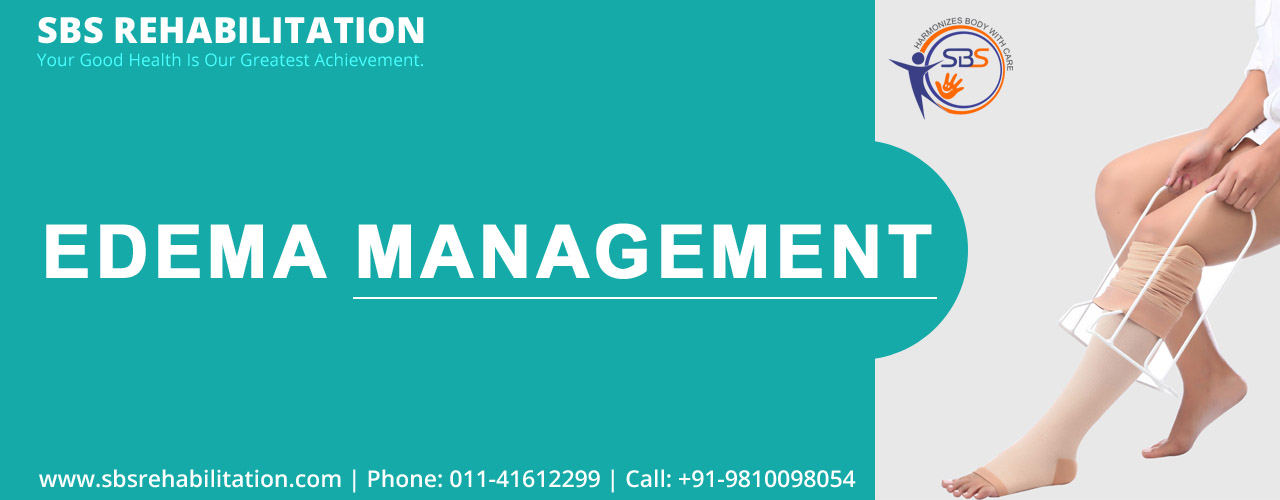

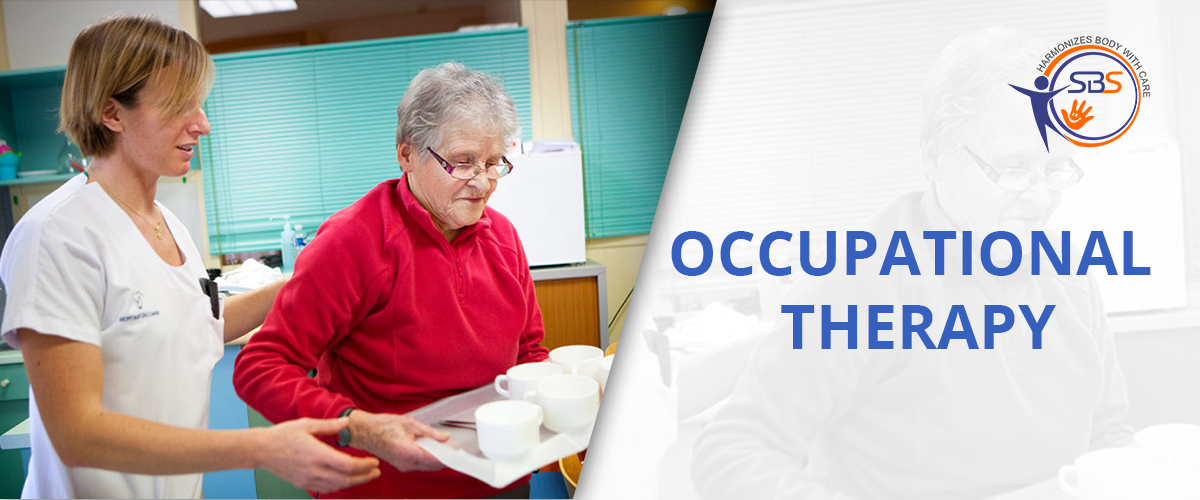
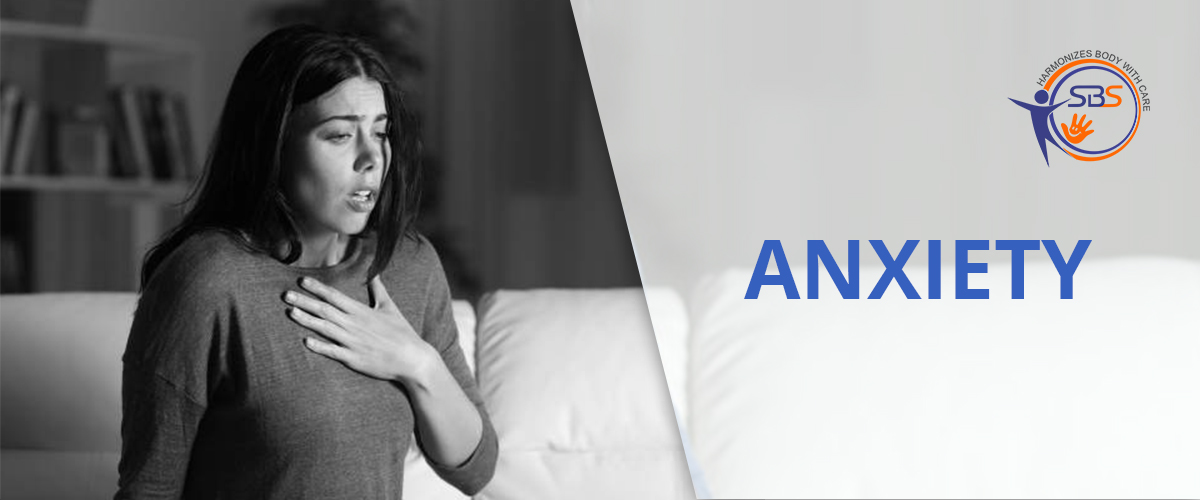
Leave a Reply